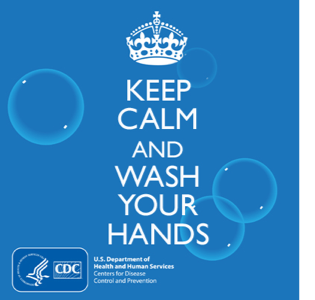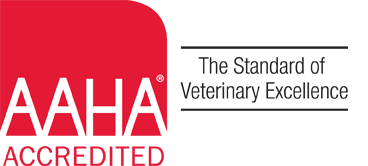 Thank goodness for the American Animal Hospital Association (AAHA). They recently brought our attention to a new dynamic happening as a result of the COVID-19 pandemic. We're grateful since we have been keeping our heads down, working to take care of our staff and your pets. It's unlikely we would have seen it otherwise.
Thank goodness for the American Animal Hospital Association (AAHA). They recently brought our attention to a new dynamic happening as a result of the COVID-19 pandemic. We're grateful since we have been keeping our heads down, working to take care of our staff and your pets. It's unlikely we would have seen it otherwise.
Pet poisoning is up since the outbreak of COVID-19. Call volume to pet poison hotlines have picked up as more people started working from home. It's unclear whether the dynamic results from a) far more use of disinfecting cleaning supplies b) the animals are actually getting into more things than ever before or c) their behavior hasn't changed, just our ability to see it has changed.
Puppies and younger dogs, in particular, tend to explore the world with their mouths. Since the first shelter-at-home was ordered, pet adoptions have also seen an uptick. It's most likely the rise in pet poisoning cases is due to "all of the above."
The most common danger is your medication. You may drop a pill and it bounces, or your pet is simply faster to get it than you. Since you are now spending more time at home, this kind of incident is even more common. Also, common household cleaners can pose an issue. For example, if an animal walks through a puddle with bleach in it, they are not only exposed with their skin, but are likely to lick their feet and ingest it.
In an effort to minimize exposure to disinfectants, confining pets to a room or crate while using these products is recommended. It is also important to prevent their access to products, like hand sanitizer and disinfectant wipes, which are toxic if ingested.
If you have five minutes, the Animal Poison Control Center has published a video with common concerns resulting from the COVID-19 pandemic. You can watch it here:
You should always feel free to call us with any pet issue, including poisoning concerns. For information, there are two reliable online resources that AAHA suggests. Pet Poison Helpline is run by the Animal Poison Control Center, and their website has a lot of info about specific potential poisoning sources. Also, the ASPCA Animal Poison Control Center has information listed in general categories. Both have veterinarian toxicologists available 24/7 to consult, if you need to reach an expert after hours.
 We are really grateful to AAHA for bringing this issue to our attention. As the name might suggest, the American Animal Hospital Association (AAHA) is a national organization, setting the standard for excellence in our profession. We're glad they are watching the national trends, and keeping us informed during these challenging times.
We are really grateful to AAHA for bringing this issue to our attention. As the name might suggest, the American Animal Hospital Association (AAHA) is a national organization, setting the standard for excellence in our profession. We're glad they are watching the national trends, and keeping us informed during these challenging times.
As we all continue to battle COVID-19, stay safe, and stay healthy!


